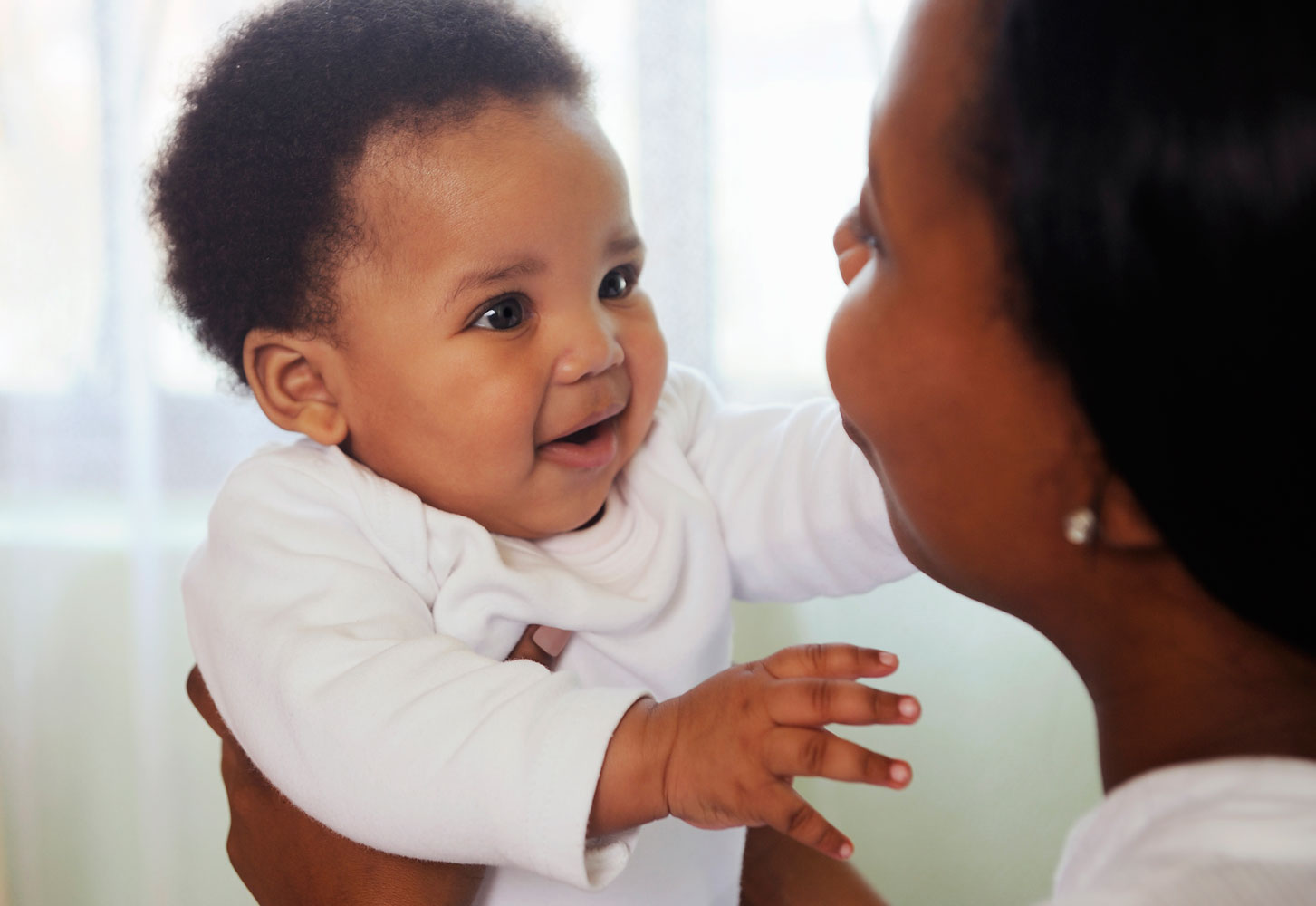I am not certain what to include in this journal... I looked in my inbox and did not see the link for the analysis of my lesson plan, perhaps an oversight. So, I'll dabble a bit into the unknown.It feels like much of the process of language development and ultimately reading are actually unknown scientific postulates of how the brain works and how language is acquired. Some of the things that I have learned in this course have helped me to better understand how language development primarily occurs in the earlier stages of life. However, there does not seem to be a clear understanding of the "how". We know the why, but the how seems to allude us and cause the most consternation.
In watching this week's videos, I found the discussion on studying identical versus fraternal twins interesting. The researcher shared that the key part of language development is not how much a language is spoken but if it is understood. This reminds me of my own forays into the initial use of Spanish, but often turned into Spanglish. A laughable effort, but eventually i studied abroad, volunteered in a hospital teaching breastfeeding to Spanish speaking mothers, connected with parents and students alike with a few uttered Spanish phrases. What I learned and I keep in mind when working with my students is that language development and therefore, reading takes time. The problem is do we have enough time.
Ideally, we would want our intervention to be the perfect fix, but what we find is that it sometimes takes years and numerous interventions to take a child to the next level of language attainment, comprehension, fluency and the ability to read. I digress. I think that to be better educators, there needs to be more emphasis put into the different ways in which we learn and how to best meet the needs of all learners. Every child in our room. Every child in our small groups. Every child who enters the building must become a priority. The pandemic has made this particularly challenging, with our lowest performing students more than two years behind and knowing that on average it takes two years to make up one lost year. We continue to know the “why,” but we struggle with the “how.” Thus, we continue to walk into the unknown.


